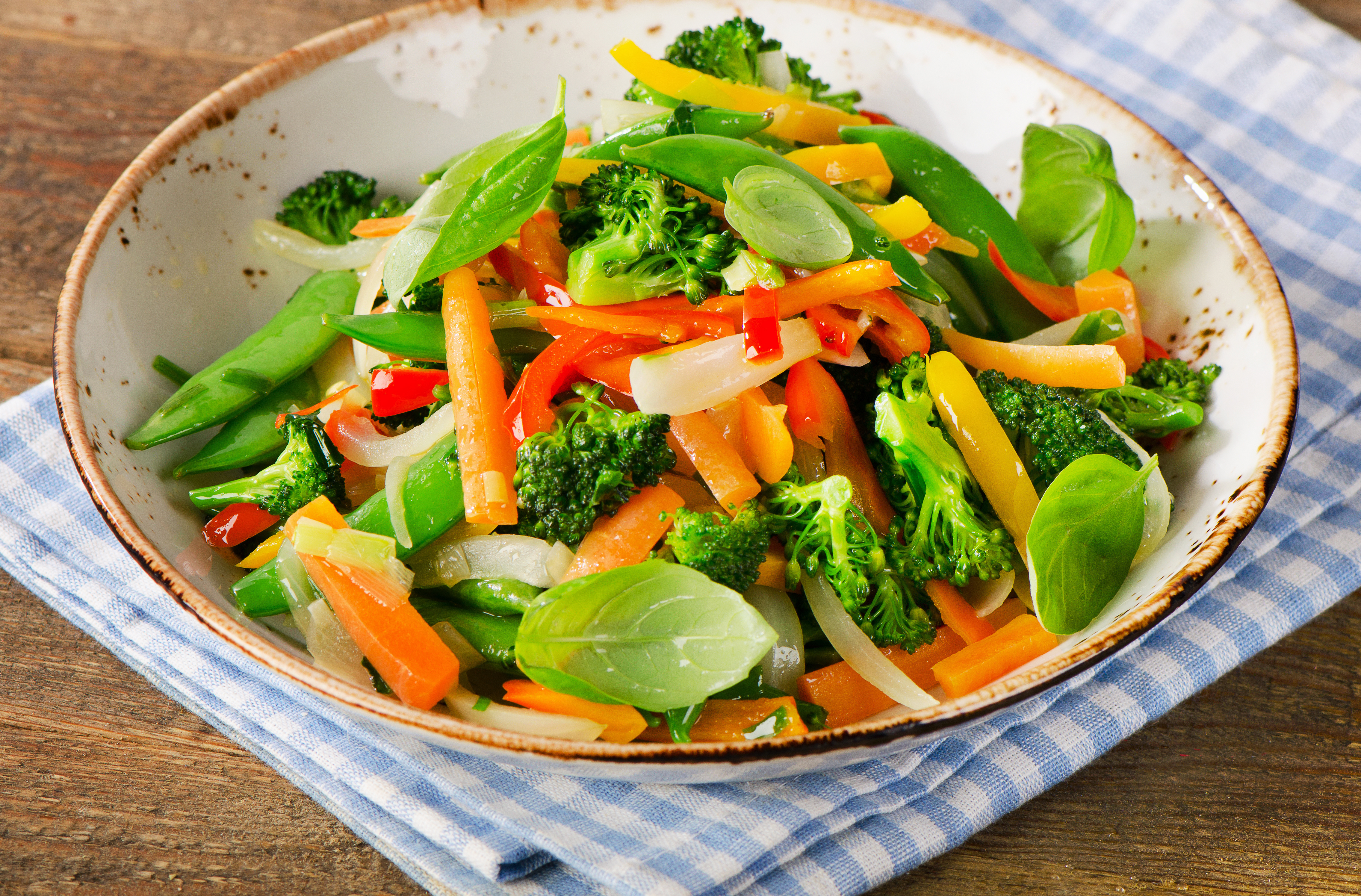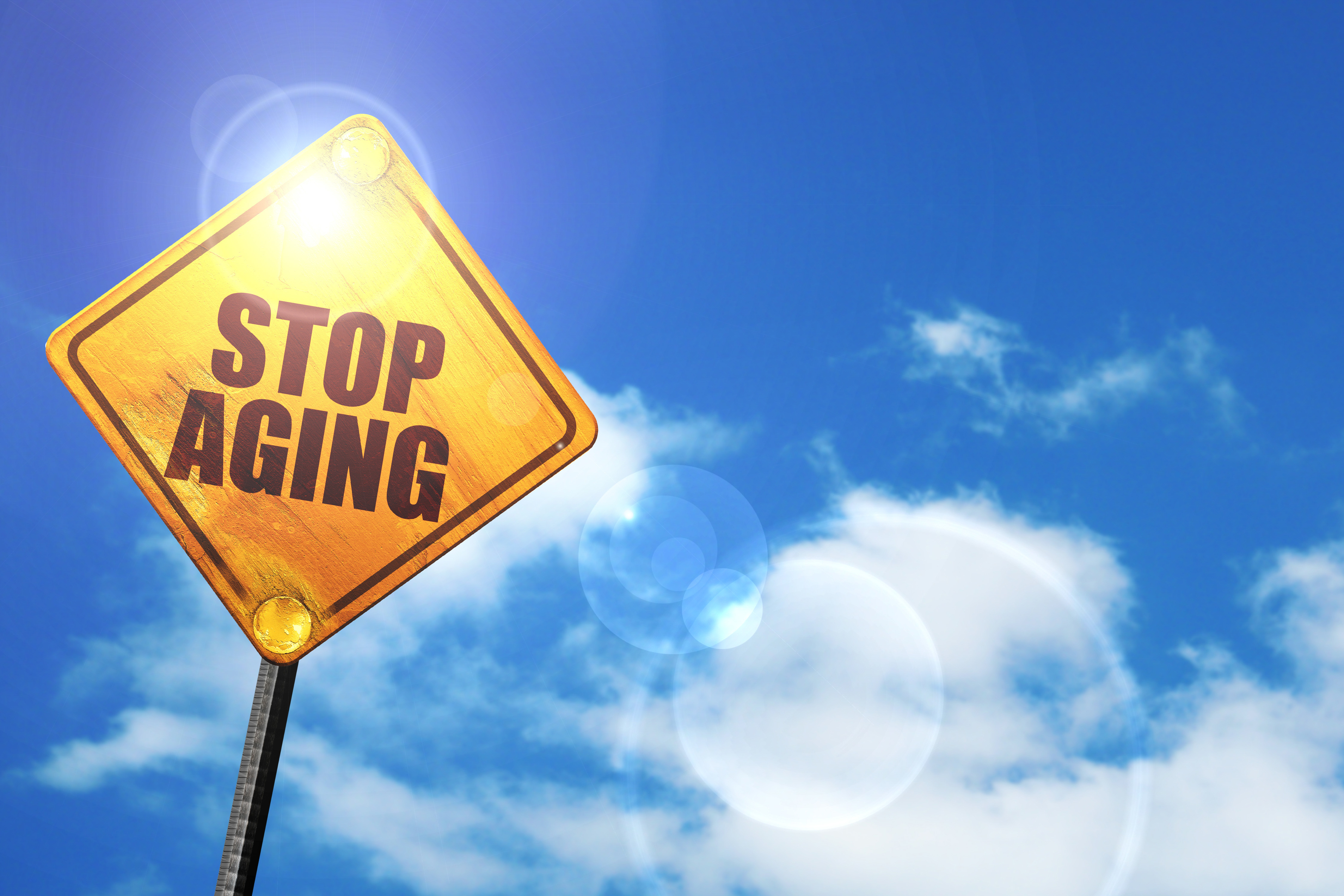Welcome to the world where your kitchen plays the lead role in your skincare routine! Yes, you read that right. It’s time to look beyond cosmetic shelves for skin health solutions, as the real game-changer lies within the foods we consume.
Antioxidants, the unsung heroes in our daily diet, are pivotal in safeguarding our skin’s health and enhancing its glow. These natural substances are the archenemies of free radicals, the notorious molecules responsible for skin aging and dullness. Intrigued? Let’s unfold the story of these powerful agents and discover how they can revitalize your skin from within.
Understanding the Antioxidant Powerhouse:
Antioxidants are diverse, each offering unique benefits to your skin:
Vitamin C: The Radiant Maestro. Far more than an immune system ally, Vitamin C is a critical player in bestowing a radiant glow upon your skin. It’s instrumental in collagen synthesis, ensuring your skin remains plump and youthfully vibrant.
Vitamin E: The Environmental Sentinel. Acting as a vigilant guardian against the harshness of sun rays and urban pollution, Vitamin E tirelessly fends off skin damage, preserving your skin’s natural resilience.
Carotenoids (like Beta-Carotene): The Sun’s Natural Foil. These colorful warriors, found in a kaleidoscope of fruits and vegetables, offer a protective embrace against the sun’s harmful embrace, safeguarding your skin with nature’s sunblock.
Polyphenols (in Green Tea): The Serene Protectors. As the subtle forces within green tea, they calmly battle against skin inflammation while diligently working to maintain the skin’s supple elasticity.
Flavonoids (in Berries): The Firmness Fortifiers. Nestled within the heart of luscious berries, flavonoids are the unsung heroes that bolster your skin, ensuring it retains its firm structure and youthful integrity.
Selenium: The Stealthy Guardian. Selenium is often underappreciated as an essential silent sentinel, playing a pivotal role in defending your skin against the invisible threats of environmental stressors.
Incorporating these antioxidants in your diet is like equipping your skin with an army of protectors against aging and environmental threats.
Berry Brigade and Beyond: A Colorful Diet for Skin Vitality
Let’s explore how to integrate these antioxidants into our daily meals:
- Berries: These little delights are packed with flavonoids and vitamin C, essential for skin repair and preventing collagen breakdown.
- Leafy Greens: Spinach, kale, and their cousins are loaded with carotenoids and vitamin C, perfect for evening-out skin tones.
- Tomatoes: Rich in lycopene, they are your go-to for sun protection and keeping wrinkles at bay.
- Nuts and Seeds: Snack on almonds and flaxseeds for a good dose of vitamin E, which nourishes and heals your skin.
- Spices and Herbs: Add turmeric, ginger, and garlic to your meals for their anti-inflammatory effects on the skin.
- Green Tea: A catechin powerhouse, green tea enhances skin elasticity and fights inflammation.
Lifestyle Choices: The Silent Skin Care Heroes
The journey to radiant skin is not just about what you eat; it involves holistic lifestyle choices:
Sleep Well: The Foundation of Youthful Radiance. Think of a good night’s sleep as the most natural yet profound beauty elixir for your skin. During those precious hours of slumber, your body embarks on a meticulous journey of repair and rejuvenation. This isn’t just rest; it’s a time when the skin cells work tirelessly to undo the day’s damage, from environmental stressors to the natural aging process. Deep, restorative sleep boosts blood flow to the skin, enhances collagen production, and facilitates the repair of UV damage, reducing wrinkles and age spots. Embracing a consistent sleep schedule, creating a restful environment, and prioritizing quality sleep can be transformative, gifting you with a healthier and visibly more youthful and radiant complexion.
Manage Stress: The Key to Harmonious Skin Health. In the bustling rhythm of modern life, stress has become a constant, and its impact on skin health is often underestimated. High-stress levels trigger a cascade of hormonal changes that can lead to acne, dryness, and other skin problems. Integrating stress management practices like yoga and meditation into your daily routine isn’t just a pathway to inner peace; it’s a vital skincare strategy. Yoga, with its soothing postures and focused breathing, can significantly lower cortisol levels, thereby reducing the inflammatory responses in your body that negatively affect your skin. By fostering a state of mindfulness and relaxation, meditation can help calm your mind and body, which in turn reflects in a more balanced, clear, and glowing complexion. Regularly engaging in these practices can create a profound shift, not only in your mental well-being but also in the health and appearance of your skin.
Sun Protection: The Indispensable Shield for Skin Care. Sun protection is not just an additional step in your skincare routine; it’s a critical defense mechanism against one of the most potent causes of skin aging and damage — the sun’s harmful ultraviolet rays. Incorporating a broad-spectrum sunscreen into your daily regimen, regardless of the weather, is essential. UV rays can penetrate clouds and windows, meaning protection is necessary even on overcast days or indoors near windows. A broad-spectrum sunscreen guards against UVA and UVB rays, preventing premature aging and sunburns and significantly reducing the risk of skin cancer. Moreover, supplementing sunscreen with protective clothing, hats, and sunglasses can enhance your skin’s defense, ensuring it remains resilient and youthful. Remember, sun protection is not just a summer affair; it’s a year-round commitment to preserving the health and beauty of your skin.
Conclusion:
When it comes to unlocking the secret to radiant, youthful skin, the power lies not just in what we apply externally but significantly in what we consume and how we live our lives. Embracing a diet abundant in antioxidants and making informed and healthy lifestyle choices isn’t just a trend – it’s a transformative journey that can lead to remarkable improvements in your skin’s health, texture, and overall appearance.
Antioxidants, these naturally occurring substances, are more than just components of our diet; they are fundamental to our skin’s wellbeing. They are found in various foods and play a crucial role in combating the effects of oxidative stress caused by free radicals – those pesky molecules responsible for accelerating the aging process and diminishing the skin’s natural glow. By incorporating a rich array of antioxidants into your daily meals, you’re not just nourishing your body but actively fighting against signs of aging and environmental damage.
But the journey to radiant skin goes beyond what’s on your plate. It encompasses a holistic approach to living. This includes prioritizing adequate sleep, as restful nights are when your skin undergoes repair and rejuvenation. Managing stress through mindfulness practices like yoga and meditation is equally important, as chronic stress can manifest as skin problems. And let’s not forget the critical role of sun protection – using a broad-spectrum sunscreen is essential in shielding your skin from harmful UV rays and preventing premature aging.
Incorporating these antioxidants into your life is not just a dietary change; it’s a full-scale lifestyle adjustment. Each element of this lifestyle – from the berries and leafy greens on your plate to the sunscreen in your skincare routine and the stress management techniques in your daily schedule – works synergistically to enhance your skin’s health. This holistic approach ensures that your skin is not just treated from the outside but is nurtured and fortified from within.
As you embark on this journey, you will notice gradual but significant changes. Your skin will start to reflect the care and nutrients you provide – appearing more radiant, firmer, and more youthful. The natural glow that begins to emerge will be a testament to the power of antioxidants and a healthy lifestyle. This transformation is not just skin-deep; it reflects a well-balanced, nourishing life.
So, start your skin health journey today. Introduce more antioxidant-rich foods, embrace healthy living practices, and watch your skin transform. Let the vibrancy and youthfulness of your skin be the living proof of the profound impact these microscopic marvels can have. It’s not just about looking good; it’s about feeling great and giving your skin the best care it deserves.

